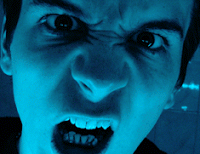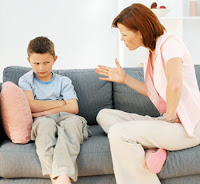Instructional Videos for Parents of Troubled Teenagers on the Autism Spectrum

What mom or dad doesn't watch their "tween" become a teenager without a twinge of anxiety? Factor autism into the equation, and you may well wonder how physical and hormonal changes will affect your son or daughter. What will it be like traversing the social minefield of high school for a young person who has a social disability? How will typical teenage rebellion look in someone who struggles with behavioral control? ==> Here are our "best-of" videos to help parents to assist their "special needs" teens...

